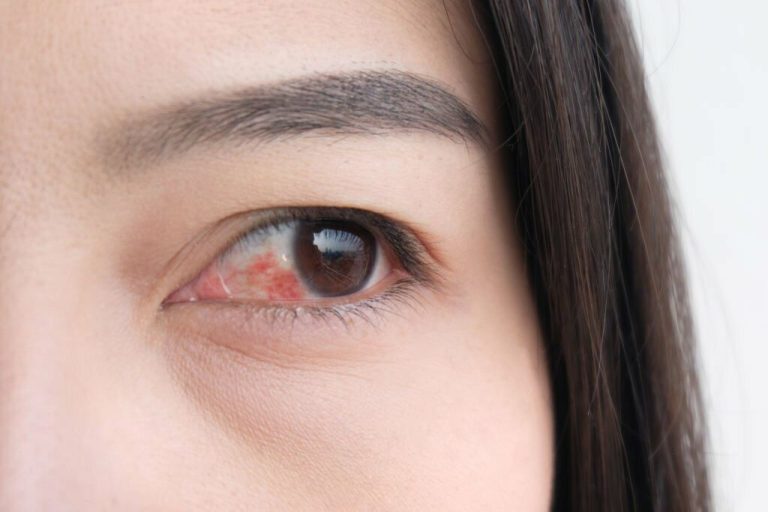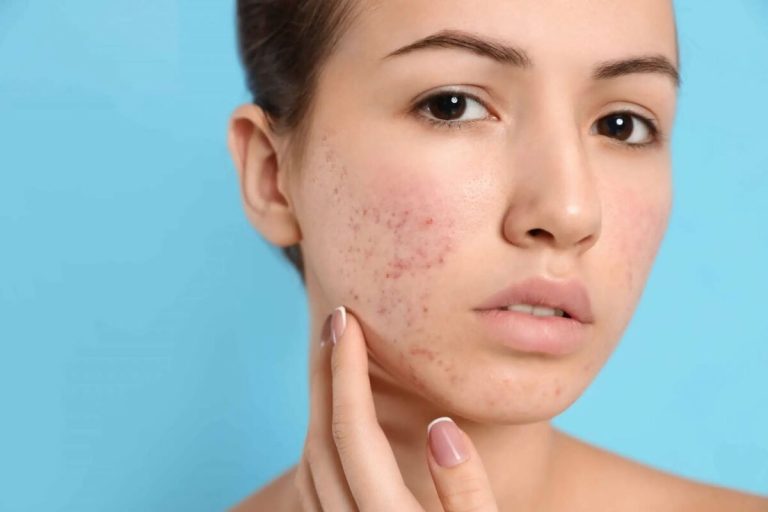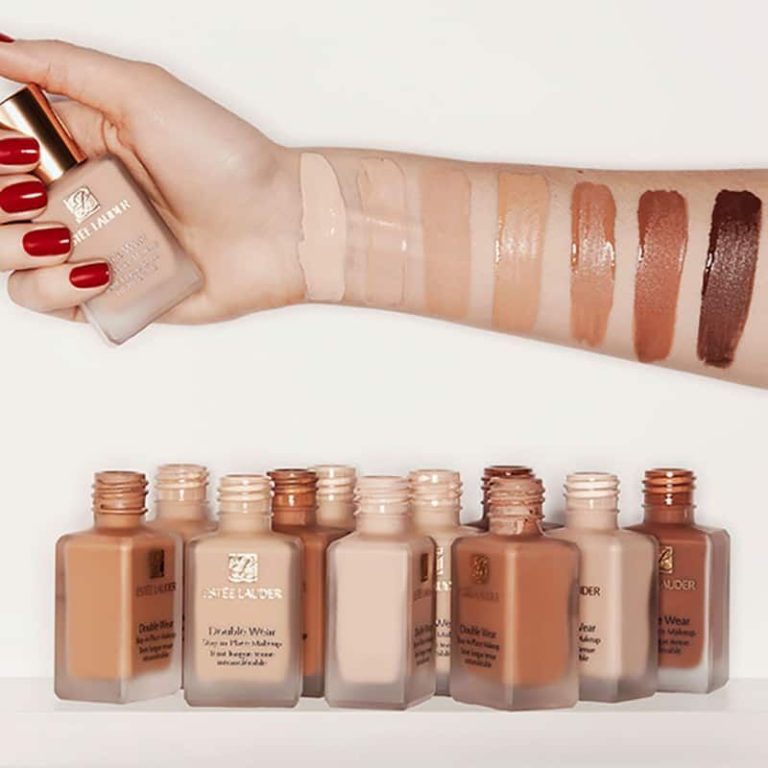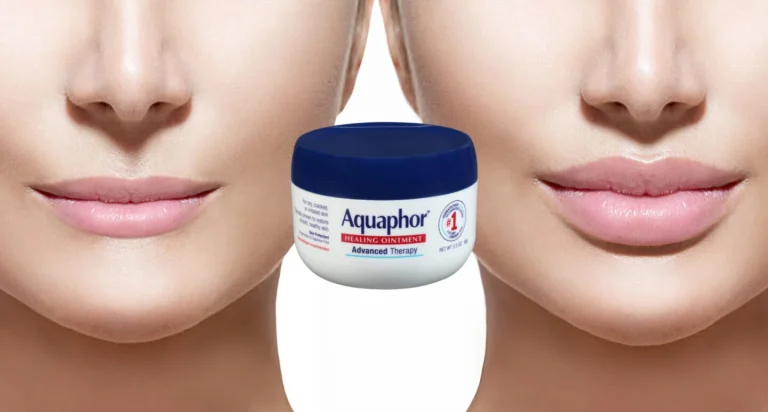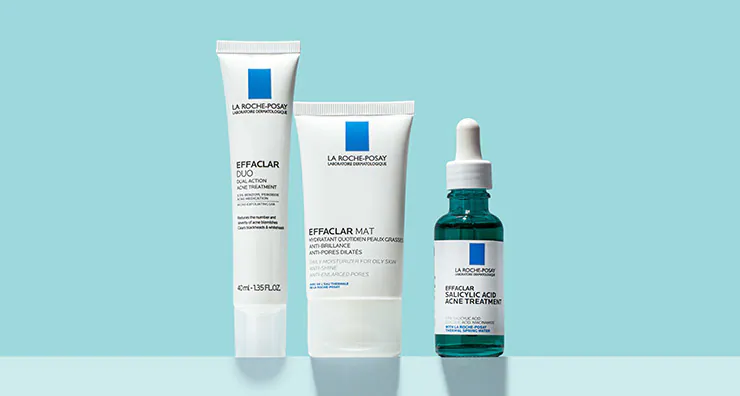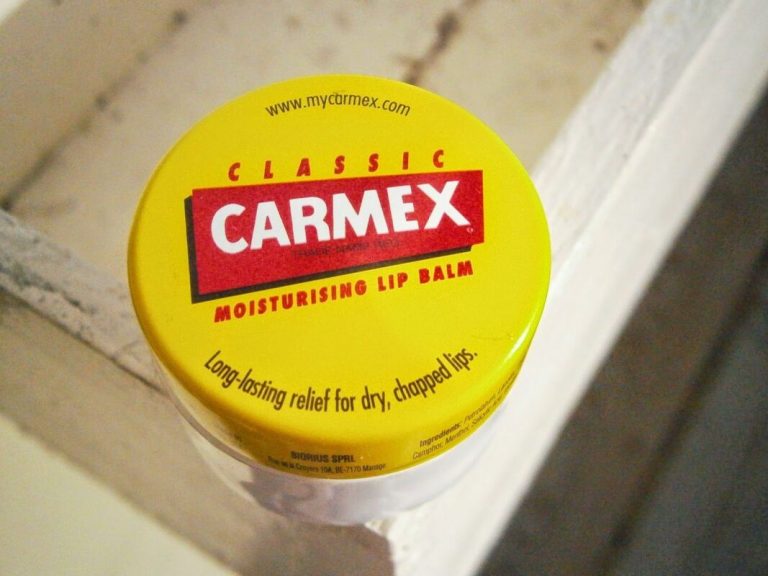Is Botox Haram or Halal In Islam?
I’ve been interested in getting Botox treatments to reduce the appearance of wrinkles on my face. However, as a practicing Muslim, I want to make sure this cosmetic procedure aligns with Islamic teachings before going through with it. In my research on whether Botox is haram or halal in Islam,
I’ve come across some useful perspectives from Islamic scholars. Below, I’ll summarize my key findings on the Islamic stance on Botox.
What is Botox?
Contents
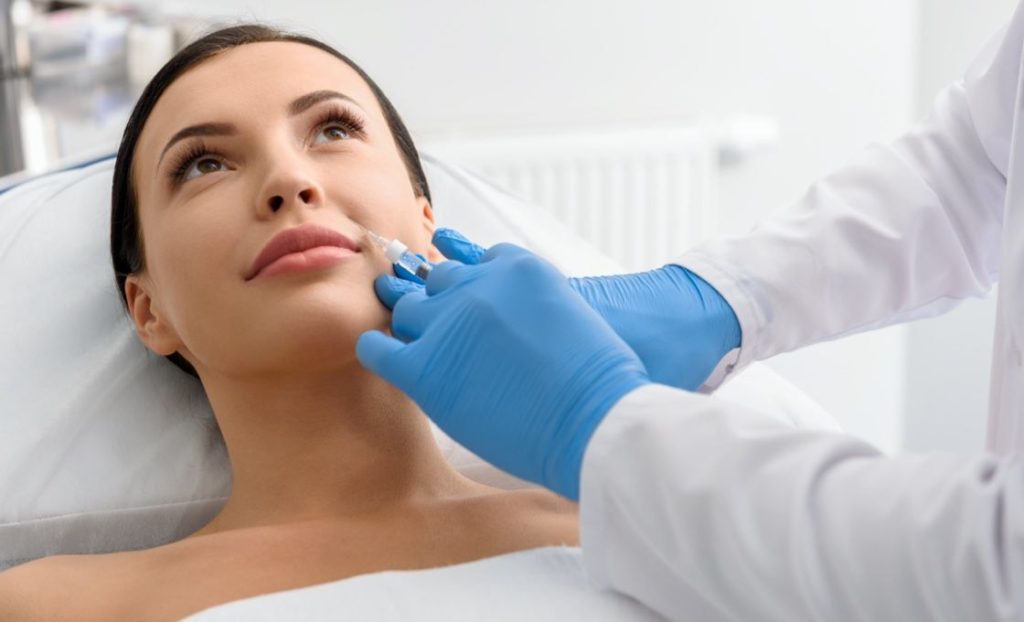
First, let’s analyze what exactly Botox is and how it works. Botox is the brand name for botulinum toxin type A, which is produced by the bacterium Clostridium botulinum. It’s the same neurotoxin that causes botulism, a serious and potentially fatal illness. However, Botox utilizes a highly diluted form of the toxin that is considered generally safe for cosmetic and medical uses when properly administered.
Here’s a quick rundown of how Botox cosmetically reduces the appearance of wrinkles:
- The diluted botulinum toxin is injected directly into specific muscles in the face, like those between the eyebrows or around the eyes and mouth.
- The toxin blocks nerve signals to the injected muscles, restricting their ability to contract.
- With less contraction, the overlying skin has fewer creases and wrinkles.
- Results are visible within a week and last around 3-6 months before needing repeat injections.
In essence, Botox temporarily paralyzes or weakens facial muscles to smooth wrinkled skin for a more youthful look. Now let’s explore Islamic perspectives on using Botox.
Botox for Purely Cosmetic Reasons is Generally Considered Haram
I’ve learned that most Islamic scholars deem cosmetic use of Botox to be haram, or forbidden under Islamic law. Here are some of the main reasons cited:
- Altering one’s natural physical appearance gifted by Allah is seen as objectionable.
- Botox injections involve changing Allah’s creation simply for beautification and vanity.
- The potential health risks from botulinum toxin make Botox medically unnecessary for cosmetic purposes.
- A hadith prohibits Muslim women from adding false hair or getting tattoos, suggesting changing natural looks is disapproved.
Sheikh Yasir Qadhi, a prominent Islamic scholar, clearly states: “All these types of operations and medications which are taken by women in order to look younger or ‘perfect’ their appearance are prohibited.”
So from this viewpoint, using Botox simply to reduce facial wrinkles would be contrary to Islamic teachings. The procedure is seen as interfering with Allah’s creation for reasons of vanity and ego.
Medical Uses May Be Permissible
However, I’ve also learned that botox may be halal, or permitted, under some medical circumstances.
For example, many scholars allow Botox treatment for:
- Repairing defects or injuries such as scars or nerve damage.
- Pain relief from muscle spasms or clenched jaws.
- Treating excessive sweating or migraines.
- Correcting lazy eyes or muscle imbalances causing double vision.
- Relieving symptoms of conditions like cerebral palsy or stroke.
In such medically necessary situations, the potential benefits are seen as outweighing the risks. Using Botox for health and wellbeing, not just vanity, may qualify the treatment as halal.
Likewise, some scholars permit Botox if a qualified Muslim doctor recommends it as part of a necessary medical treatment plan. Following expert medical advice for one’s health can make the procedure acceptable in Islam.
Non-Permanence May Be a Factor
An interesting consideration I came across is that unlike plastic surgery, Botox’s effects are temporary. The muscle paralysis and wrinkle reduction lasts around 3-6 months before the toxin wears off.
Some scholars suggest this non-permanence means Botox does not fundamentally alter one’s appearance gifted by Allah. So on this basis, Botox may be less objectionable than permanent cosmetic alterations like nose jobs or face lifts.
However, most scholars still maintain that non-surgical treatments like Botox solely for beautification are considered haram. But it does seem the non-permanent nature is possibly a mitigating factor in the debate.
Modesty and Avoiding Excess Still Advised
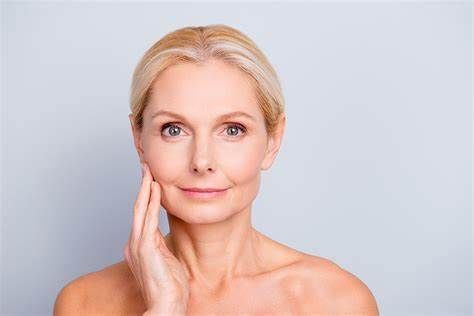
Nearly all Islamic guidance emphasizes maintaining modesty and avoiding excess if one does undergo Botox treatment. Key advised principles include:
- Have a genuine medical need for Botox, not just chasing youth and beauty.
- Use the minimum amount necessary to treat the condition.
- Avoid frequently repeated treatments simply for beautification.
- Do not radically alter natural appearance or pursue perfection.
- Ensure treatments do not damage overall health and wellbeing.
- Maintain natural beauty to the best ability without obsessive alterations.
Any medically warranted Botox use should be modest and not drastically change one’s natural look gifted by Allah. Even if deemed halal in a certain case, avoiding excess vanity is still strongly advised.
Key Islamic Principles
In concluding my exploration of Botox in Islam, some of the key Islamic principles I’ve taken away include:
- Muslims should accept and be grateful for Allah’s creation of their natural physical form.
- Altering that sacred creation purely for vain reasons is generally forbidden.
- However, medically beneficial treatments may be permissible in moderation.
- Maintaining modesty and avoiding excess alterations is always paramount.
- Truly righteous beauty stems from spiritual purity, not superficial appearance.
While scholarly opinions are not unanimous, these core Islamic values offer helpful guidance for me as a Muslim considering Botox. I hope this summary of my research has also provided beneficial insights for other Muslims pondering this popular anti-aging procedure. Please also consult your local imam or sheikh for further qualified perspectives on this important topic.
My Personal Conclusions
Personally, I’ve concluded that getting Botox solely for cosmetic wrinkle reduction would go against Islamic teachings, so I will avoid it for that purpose. However, if I developed a medical condition in the future where an expert Muslim doctor advises Botox treatment, I would be more open to the idea.
Most importantly, I aim to focus on my inner spiritual purity and good character, not get distracted or obsessed by seeking perfect physical beauty. As the Prophet Muhammad (peace be upon him) said: “Allah does not look at your figures, nor at your attire but He looks at your hearts and deeds.” This is the true Islamic wisdom I will uphold.

Founded by Sophia Rodriguez, IGXO Cosmetics is a PETA-certified, cruelty-free, and vegan makeup brand.
